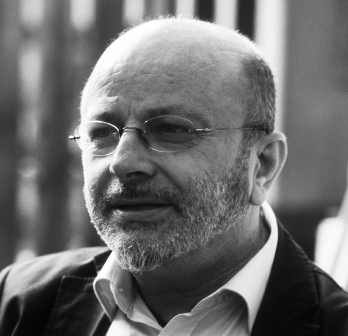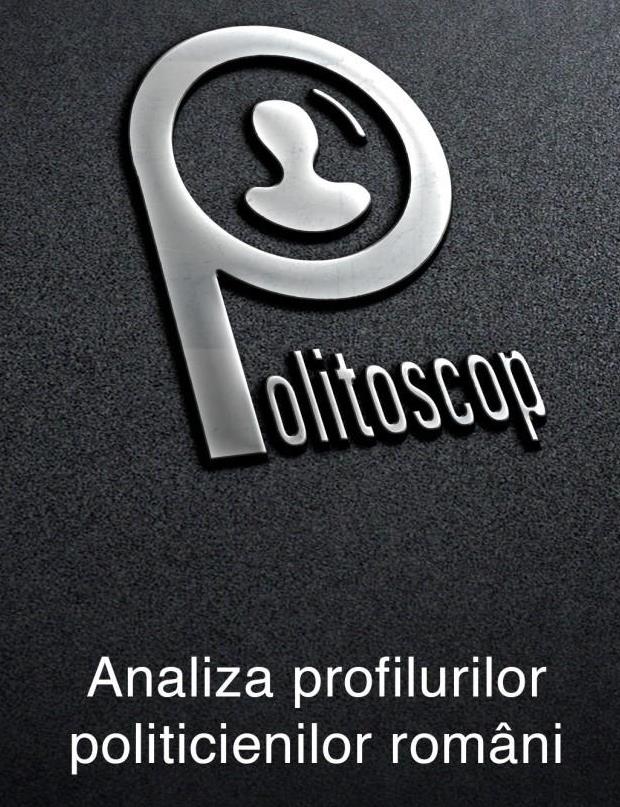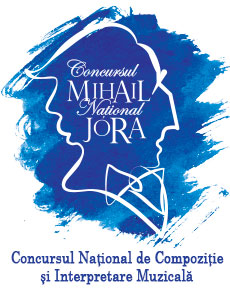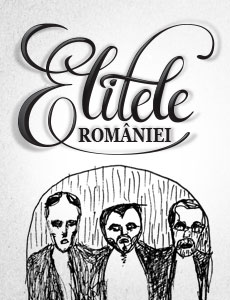Under the Auspices of the Royal Family of Romania
THE ROYAL COLLOQUIA
Utopia and Revolution
Royal Estate of Sinaia, Romania, June 22-25, 2017
Conveners: Sorin Antohi and Gregory Claeys
Organizer: Asociația Orbis Tertius / A Treia Lume
Partners: Aaylex, export club, Forum Auto, Fundația Spandugino, Niciman, Direcția Județeană de Cultură Iași, Muzeul Municipiului București, Alexandrion, Hotel Bastion, Eurolines, ALIRA, Alcovin Măcin, Clos des Colombes, Trivium. Revistă de gîndire simbolică, Observator cultural
In 2016, scholars around the world have celebrated five centuries since the publication of Thomas More’s Utopia, the epitome of a timeless (and, self-ironically, spaceless) exercice sur les possibles latéraux (to use Raymond Ruyer’s felicitous phrase). A form of speculative fiction, a social theory, a metahistorical trope, a countercultural discourse, a blueprint, an ideology (pace Karl Mannheim), a practice (and so on) that can be traced back at least to Plato, Utopia as we knew it seems to have run its course, and may be in need of fresh impulses. In 2017, we remember 1917, one of the most complex and momentous of all revolutions, both the consequence and starting point of yet another global quest for utopia which was to end for most in 1989/1991 at the latest, after a tragic encounter with dystopia.
To discuss all of the above and more—such as the kindred streams of history, religion, millennialism, reform, fiction, fantasy, science fiction, etc.–, an interdisciplinary colloquium is convened on the Royal Estate of Sinaia, under the auspices of the Royal Family of Romania. A related international conference, Humanism and Utopianism. Historical and Critical Perspectives, was held at the same location on June 13-15, 2014.
The Cantemir Annual Award continues the Cantemir Prize, established in 2010 as part of the activities leading to and becoming the Cantemir Institute at the University of Oxford (2011-2013). The Cantemir Prize was handed during annual conferences at the University of Oxford by HRH Prince Radu of Romania, the High Patron of the Cantemir Institute, to Ștefan Lemny (2010), Alison Ashford and Philippa Levine (2011), Martin Dodge, Chris Perkins, and Rob Kitchin (2012).
The Cantemir Annual Award celebrates the legacy of two enlightened princes of Romanian background: Demetrius Cantemir (1673-1723) and his son Antiochus (1709-1744). Their writings, actions, and visions encompass vast spaces, different periods, and various cultures, both Eastern and Western. Demetrius was a ruling prince of Moldavia educated in Constantinople, a member of the Berlin Academy, a prince of the Russian Empire and an adviser to Peter the Great, while Antiochus was a translator, Russia’s first modern poet and first ambassador to Great Britain and France. They were cosmopolitan humanists who, while rooted in particular societies, traditions, and worldviews, transcended borders of many sorts, aspiring to intercultural knowledge and universal horizons.
















